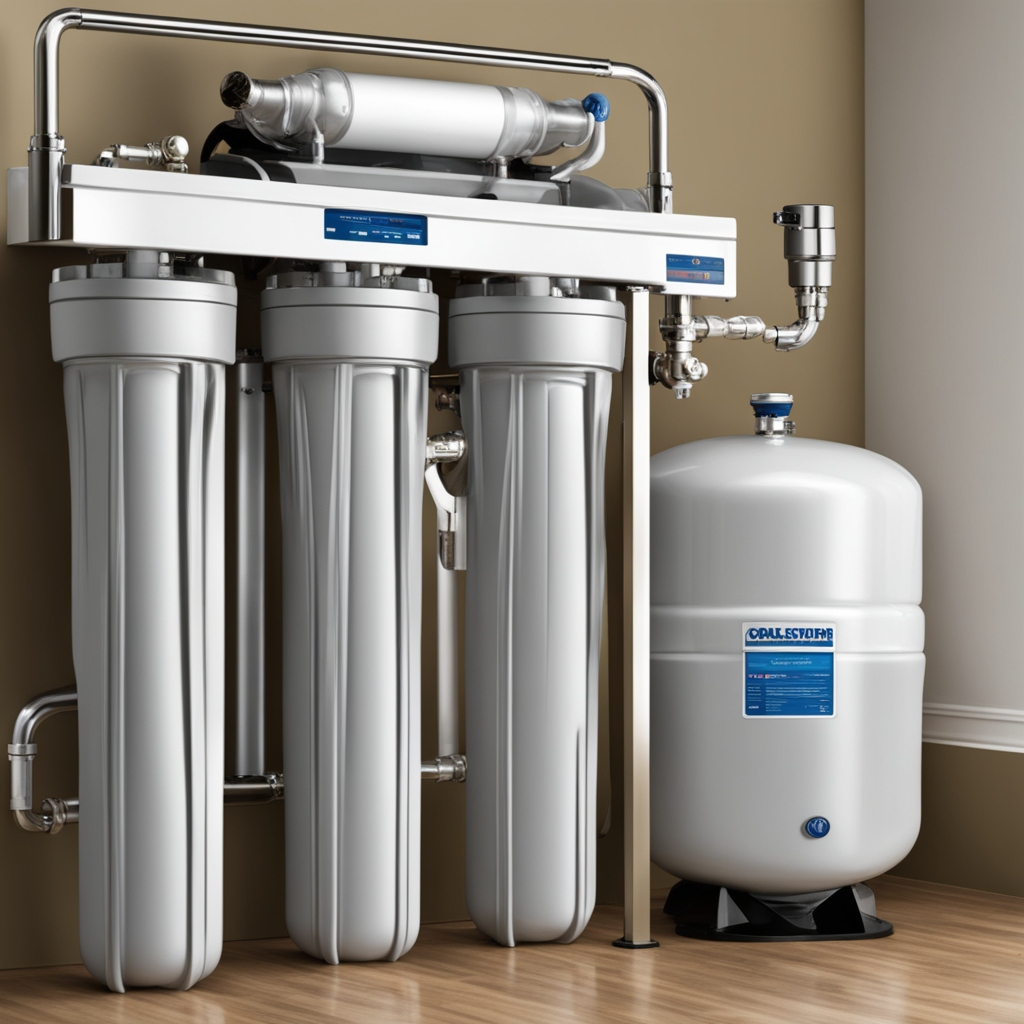Water is essential for life, but not all water is created equal. Many homes receive water that contains contaminants, chemicals, and impurities that can affect health and well-being. Home water filtration systems play a crucial role in ensuring that the water we consume is clean, safe, and healthy.

Understanding Water Contaminants
Water can contain a variety of contaminants, including:
- Chlorine and Chloramines: Used to disinfect water, but can cause unpleasant taste and odor.
- Lead: A toxic metal that can leach from pipes and fixtures.
- Pesticides and Herbicides: Agricultural chemicals that can seep into water supplies.
- Bacteria and Viruses: Harmful microorganisms that can cause illness.
- Heavy Metals: Such as arsenic, mercury, and cadmium, which can have serious health effects.
The Impact of Contaminated Water
Contaminated water can lead to a range of health problems, from gastrointestinal issues to long-term conditions like cancer and neurological disorders. Chlorine, while effective in killing bacteria, can react with organic matter to form trihalomethanes (THMs), which have been linked to cancer. Lead exposure is particularly dangerous for young children, causing developmental issues and learning disabilities.
Benefits of Home Water Filtration
- Healthier Drinking Water: Removing harmful contaminants ensures that the water you and your family drink is safe and healthy.
- Improved Taste and Odor: Filtration systems can remove chlorine and other chemicals that affect the taste and smell of water.
- Cost Savings: Investing in a home water filtration system can reduce the need for bottled water, saving money in the long run.
- Environmental Impact: Reducing reliance on bottled water helps decrease plastic waste and environmental pollution.
- Protection for Appliances: Filtered water can prolong the lifespan of household appliances by preventing scale buildup and corrosion.
Types of Home Water Filtration Systems
- Activated Carbon Filters: Effective at removing chlorine, sediment, and volatile organic compounds (VOCs). These filters are commonly used in pitcher filters and under-sink systems.
- Reverse Osmosis Systems: Remove a wide range of contaminants, including heavy metals, nitrates, and fluoride. This system uses a semi-permeable membrane to filter out impurities.
- UV Purifiers: Use ultraviolet light to kill bacteria and viruses, providing an additional layer of protection against microbial contamination.
- Whole House Filters: Provide comprehensive filtration for all water entering the home, ensuring clean water for drinking, cooking, and bathing.
Choosing the Right Filtration System
Selecting the right home water filtration system depends on your specific needs. Conduct a water quality test to identify the contaminants present in your water supply. Consider factors such as the size of your household, the level of water consumption, and your budget. Consult with a water treatment professional to determine the best solution for your home.
Conclusion
Home water filtration is an essential investment for ensuring the health and well-being of your family. By understanding the contaminants in your water and choosing the right filtration system, you can enjoy clean, safe, and great-tasting water every day. Investing in a reliable home water filtration system not only improves your health but also contributes to environmental sustainability by reducing plastic waste from bottled water.
